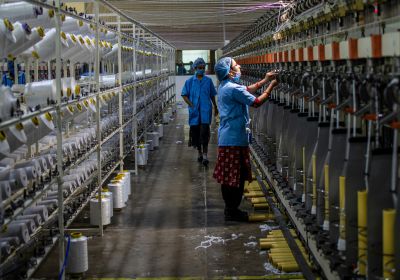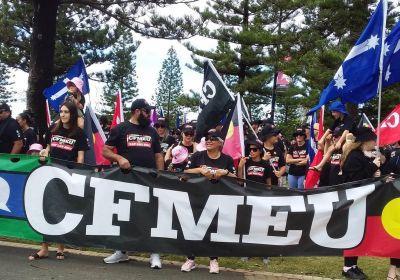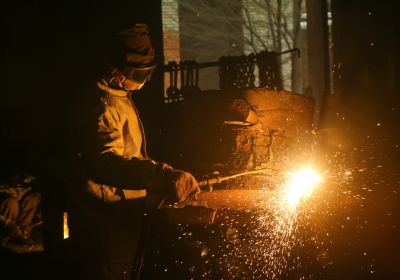
Ukrainian workers make up the bulk of frontline soldiers defending the country against Russia’s war of aggression, but that hasn’t stopped Volodymyr Zelensky’s government from attacking trade union rights, reports Federico Fuentes.

Ukrainian workers make up the bulk of frontline soldiers defending the country against Russia’s war of aggression, but that hasn’t stopped Volodymyr Zelensky’s government from attacking trade union rights, reports Federico Fuentes.

A coordinated string of political strikes brought Finland to a standstill from February 12‒16, when more than 130,000 workers took rolling strike action in response to an array of neoliberal reforms proposed by conservative prime minister Petteri Orpo’s National Coalition government, reports Clive Tillman.

Canadian dockworkers in British Columbia voted on August 3‒4 to accept a new tentative agreement with employers, reports Jeff Shantz.

May Day marches were organised in Boorloo/Perth, Gadi/Sydney, Meanjin/Brisbane, Muloobinba/Newcastle, Kombumerri/Gold Coast, Walyalup/Fremantle and Tarndanya/Adelaide. Susan Price, Jim McIlroy, Alex Salmon and Renfrey Clarke report.

Thousands of workers took to the streets in a national day of action to demand wage rises and protest anti-union laws, report Jacob Andrewartha, Sue Bolton, Alex Bainbridge and Jim McIlroy.

The NSW government enacted new anti-protest laws with Labor's support, but it is having difficulty getting its new anti-union laws through. Jim McIlroy reports.

Almost a month after Ukraine’s parliament adopted two anti-worker bills, President Volodymyr Zelensky finally ratified Draft Law 5371, removing union rights for most of the country’s workers, reports Federico Fuentes.

When Russia invaded Ukraine on February 24, social conflict inside the country was not put on hold: any illusion that its defence needs might produce a truce in the class struggle soon vanished, reports Dick Nichols.

Beware those who tell you federal Labor's small target strategy is just a tactic. Alex Bainbridge argues we can kick Morrison out and reject Labor's narrow vision that agrees with key planks of Coalition's policy.